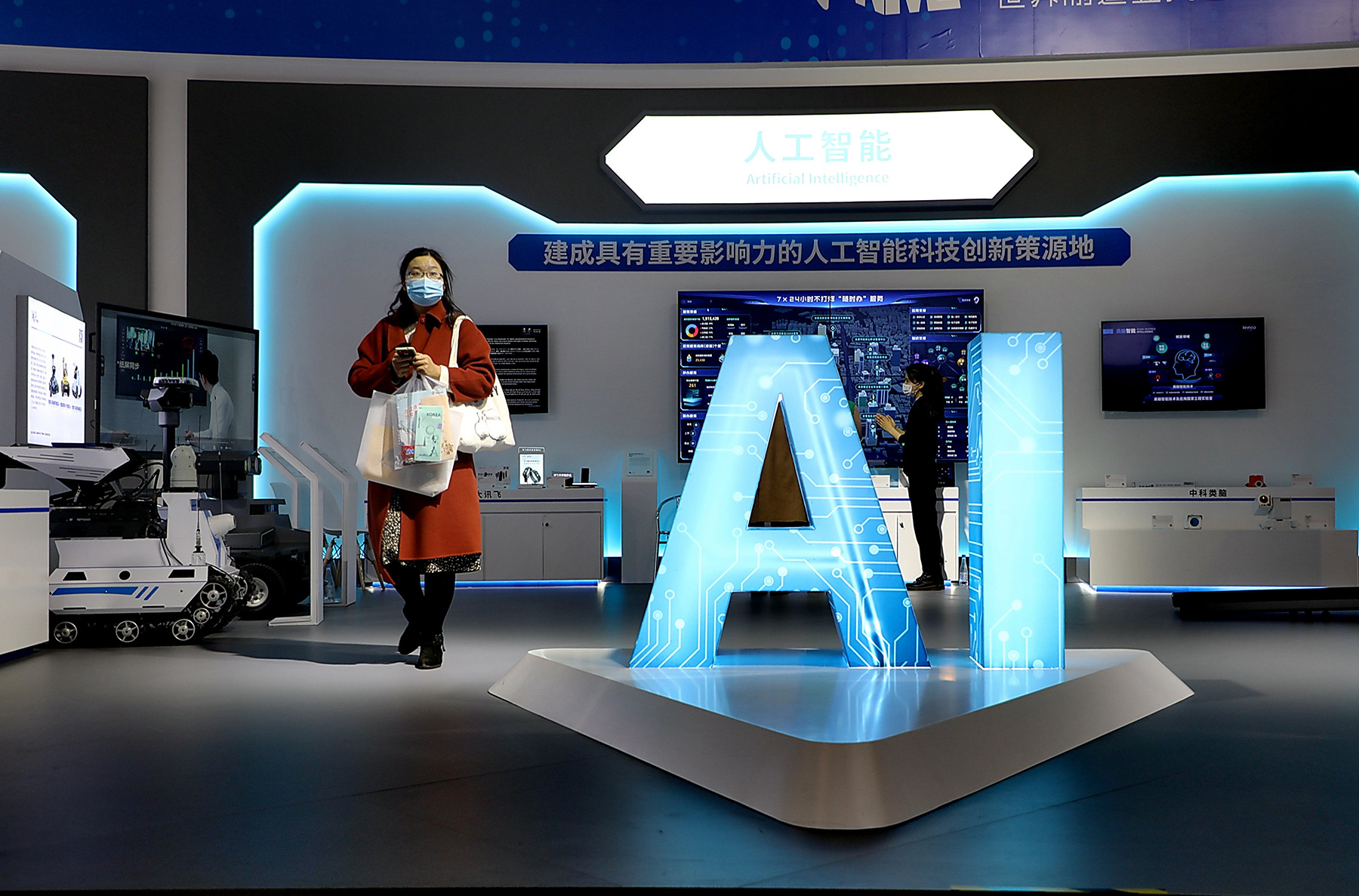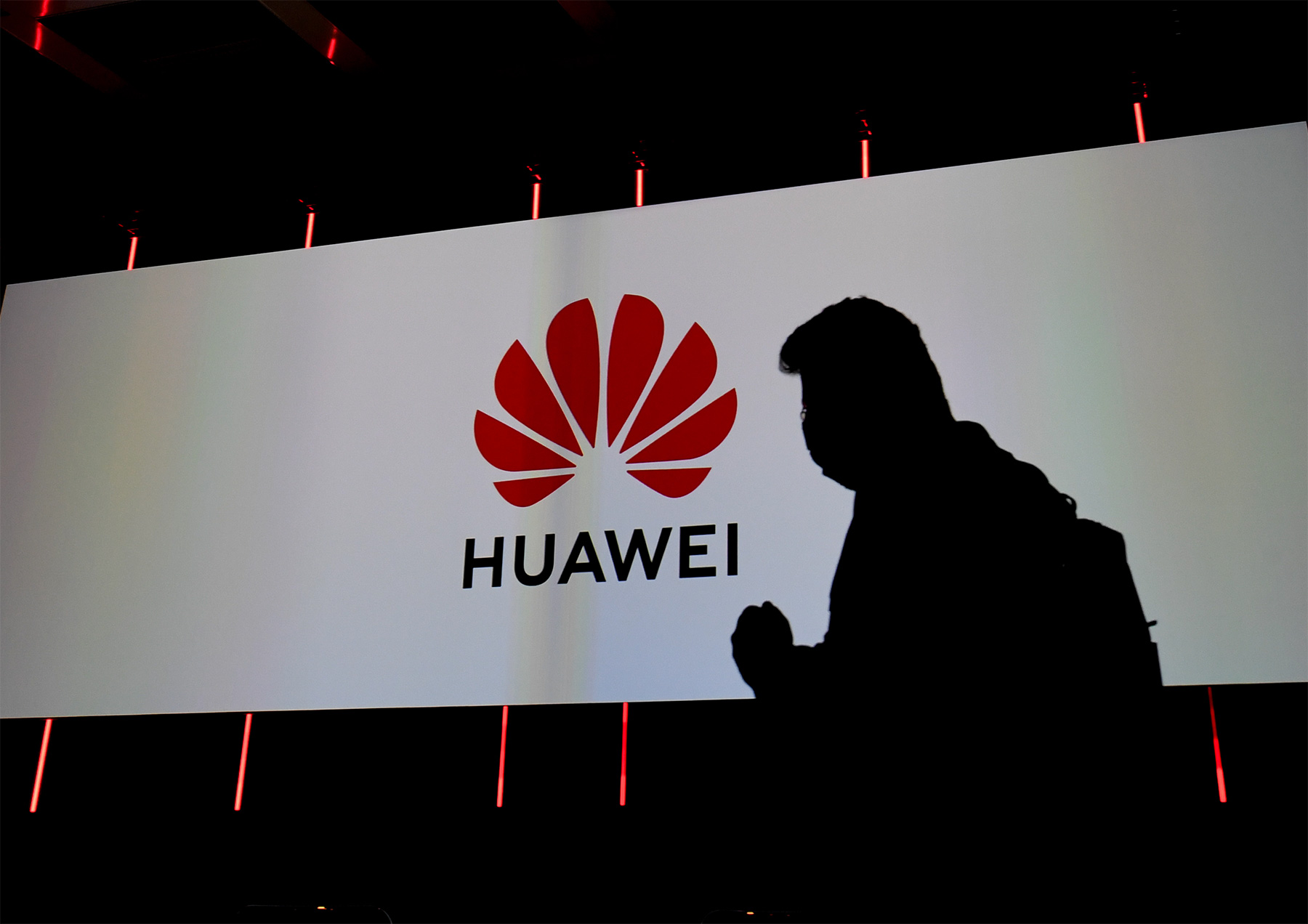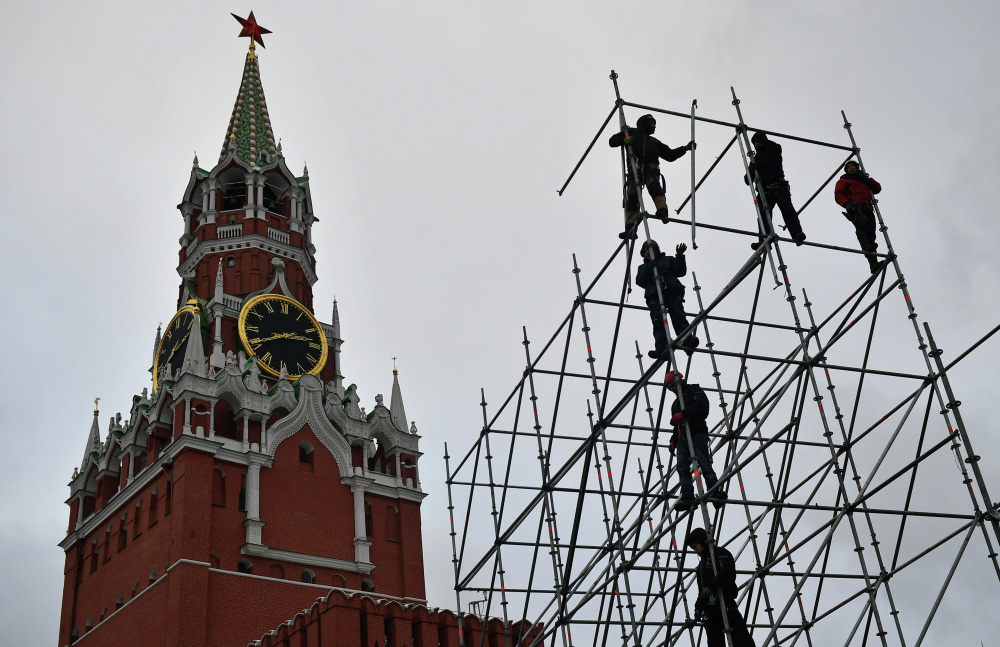Abishur Prakash is a co-founder and geopolitical futurist at Center for Innovating the Future (CIF), an advisory firm in Toronto, Canada. Abishur has worked with some of the largest companies in the world, including institutions and governments. He is also the author of five books, including his latest, “The World Is Vertical: How Technology Is Remaking Globalization.” Abishur has appeared in some of the world’s biggest media outlets, including CNBC, BBC, CNN and Fortune.
Abishur Prakash is a co-founder and geopolitical futurist at Center for Innovating the Future (CIF), an advisory firm in Toronto, Canada. Abishur has worked with some of the largest companies in the world, including institutions and governments. He is also the author of five books, including his latest, “The World Is Vertical: How Technology Is Remaking Globalization.” Abishur has appeared in some of the world’s biggest media outlets, including CNBC, BBC, CNN and Fortune.
The title of your book is “THE WORLD IS VERTICAL”. What prompted you to write such a book? What was your ultimate objective? Was your intention to inform humanity what awaits it in the foreseeable future or to warn us against fatal mistakes?
Answer: For several years now, there have been massive transformations taking place with technology that have been shaking the foundation of the world. Of course, there’s the pandemic, and the new objectives that countries have with self-reliance and localization. But there have also been growing “technology tensions” in the world, from US vs. China to India vs. West. What’s happened now is that the way nations approach technology has completely changed. Now, with technology, governments are reclaiming sovereignty and imagining a new destiny for themselves. I wrote this book to show everybody, from leaders of nations and businesses to students and city planners, the new “design” of the world. With technology, the world is splitting, and the global systems, platforms and ideals that have underpinned the world for decades are being discarded. There is no longer a single center of power or one system for every nation. We are witnessing the biggest transformation in how the world works since World War II. It doesn’t matter whether somebody lives in Boston or Budapest or Bangalore, Singapore or Sao Paulo, everybody will be affected by the new “vertical borders” that are forming.
Why do you think the current mode of globalization is in crisis? Do you think that capitalism will collapse, with the idea of an open, free and interdependent world being in crisis? If so, what can replace the capitalist system?
Answer: As globalization has taken off, there have been three big challenges. First, countries have felt they’ve lost sovereignty. Look at India. It rejected Facebook Basics – a service to connect people to a Facebook-controlled Internet – because it didn’t want a foreign technology company to control the Internet for hundreds of millions of Indians. The old fears of “colonialism” had returned through technology. Second, countries have felt they have become unable to compete economically. Third, countries have felt that their identity and culture have begun to erode. It’s clear that nations have faced these three challenges for decades, but without technology, there was little they could do. Now, however, with technology, countries are almost “fighting back.” Every political and economic ideology, from capitalism to conservatism, will be redesigned in the Vertical World. It’s unlikely that capitalism “will collapse”, but the way the West practices and exports its ideology and culture to the world will change. Take the UK. It has the “British Business Bank”, which is state-owned. This bank has invested in 158 startups. Are these not state-backed startups, similar to the state-backed firms the West has criticized China over? In the Vertical World, every nation is copying each other, creating a grey area where different political and economic ideologies are being mashed together.
What is essentially the “vertical world”? When will humanity find itself in a new reality? Or, alternatively, has this transition already taken place?
Answer: The Vertical World is essentially how nations (and businesses) are using technology to carve out their own territories and hold the world at arm’s length. Instead of the world being open and accessible, as it has been for decades, now it’s full of technology-based walls and barriers. The Vertical World has already begun to form. This is the new status quo, for all of humanity, as the pendulum of globalization begins to swing in a different direction. Except, it isn’t just global adversaries that are driving the Vertical World. Even allies are now moving in opposite directions. For instance, France has been calling for European “tech sovereignty.” Recently, however, France has launched a military navigation satellite that doesn’t rely on Galileo, the European navigation system. Technology is creating division even within the EU! Technology is “pulling countries” apart at an unprecedented pace.
What underpins the architecture of the “vertical world”? Who are the leaders of the new system? Can a “vertical world” be run by two or more competing superpowers?
Answer: It’s technologies, from 5G to cloud computing, that underpin the Vertical World. And it stands at odds with what has been believed for decades—namely, the idea that technology will bring the world closer together. The “5G lockout” of Chinese firms like Huawei or ZTE from Western markets or Lithuania calling on citizens to stop using Chinese smartphones are all signs that barriers are being established across the world. There are currently about a dozen countries driving the Vertical World, from China to Saudi Arabia to South Korea. But the key point here is that if just a dozen nations, acting vertically, can create such global disruption, then imagine when 50 countries are making “vertical decisions.” In the Vertical World, there can be no single superpower and no single model for every country. With technology, the world will be divided, new “mini empires” and “blocs” will emerge. The world is splitting into “tribes” that will coexist and compete with one another over technology.
What are the principles guiding the functioning of global governance given the world’s fragmentation into at least two competing technological platform (i.e. that of the US and that of China)?
Answer: There are no set principles to guide global governance in the Vertical World. Take institutions. These organizations have driven globalization for decades by bringing countries together. Everybody is a member of the United Nations (UN) or the World Trade Organization (WTO) or the World Bank. But, the new, technology-based institutions don’t function this way. The UK has created “D10” to set the global rules for 5G. But D10 is only made up of ten democracies. The new institutions are exclusive and only involve “like minded” nations. Will D10 compete with the UN or ASEAN or the Eurasian Economic Union (EEU) to guide global governance around 5G? This means that countries will have to “pick sides” around whose technology rules and standards they want – something governments haven’t had to do in the past era of globalization.
What is the role that Big Tech has to play in governing the “vertical world”? Will they remain subject to state authority or will they act on an independent basis?
Answer: It’s a paradox I discuss heavily in the book. Big Tech has been used to operating a certain way for decades. Companies like Facebook and Google have expanded around the world, transcending borders, and taking their services to billions of people. This paradigm of being able to transcend borders underpins the entire technology world. Now, however, in the Vertical World, Big Tech is being confined by borders. For example, Russia has told more than a dozen large foreign technology firms they must set up a local Russian company, and comply with the local Russian laws, if they want to operate in the country. However, at the same time, Big Tech is creating its own “borders.” All of the undersea internet cables being built, connecting the US to Asia or Europe to Africa, are being built by companies like Facebook, Huawei or SoftBank. This is the paradox, that at one moment, Big Tech is being forced to reckon with borders, but at the same time, Big Tech is creating its own borders – especially now with the metaverse.
In your introduction to the book, you argue that “the emergence of technologies like artificial intelligence (AI), blockchain, robotics, and 5G, is giving rise to a new design for the world. Nations are using these technologies to reclaim the sovereignty they feel they have lost because of globalization. Through these technologies, governments are establishing an independent presence in the world.” Building on this insight, what do you think will happen with the countries and their respective populations if they currently stand at a low level of technological advancement? Is there a way for them to re-assert their sovereignty through technologies they now lack?
Answer: We need to rethink the entire “development index” in the context of the Vertical World. In fact, India has proposed a new global development index focused on areas like technology and talent. As technology becomes the new “engine” of economies, governments will start looking at each other differently in terms of “advanced powers” or “emerging powers.” A critical part of my concept “Next Geopolitics” (geopolitics of technology) is that with technology, any country can take action. Look at Senegal. It’s moving all government data from foreign servers to local servers (built by China) to achieve “digital sovereignty.” The point here is that technology is enabling countries to do things they couldn’t do before, including not depending on the global systems and platforms. They are building a new kind of “independence” with technology that wasn’t possible in the past. And, these capabilities are not reliant on how advanced or developed a country is.
Do you think there might be any resistance to the new “vertical” reality on the part of the states that are at odds with it in technological, economic and moral terms?
Answer: A lot of the world relies on globalization functioning a certain way, like free trade or easy access to capital and labor. The new vertical barriers that are forming will create havoc in these areas (and many others), putting many countries and companies on the hot seat. Take multinationals. These companies have massive supply chains. They involve hundreds of groups, from suppliers of components to labor forces to raw material exporters, all scattered around the world. All of this works only if the world is open and accessible – which is no longer the case. Already, the QUAD (US, India, Japan and Australia) is working to build “China-free” supply chains for rare earth metals. Will companies in QUAD-countries be lobbied to use these new, vertical supply chains? Anybody that thinks they can function normally in the Vertical World doesn’t fully understand the holistic transformation taking place. Every country, company, city and citizen now need a new strategy to remain successful, or their footprint, fates and fortunes will be in jeopardy. The reality is, everybody is going to have to play a tricky balancing act, with one foot in the old era of globalization and one foot in the Vertical World.
In your book, you also pay attention to Russia? How do you think the country will adapt to the new “vertical world”?
Answer: There is an entire chapter in the book dedicated to Russia because of the powerful role Russia is playing, and will continue to play, in the Vertical World. Take the “sovereign internet” that Russia is building. This challenges the paradigm that there’s a single internet for everybody. Or, look at Russia’s work to help New Delhi “Make in India” when it comes to defense (localization). These are all “vertical actions,” making Russia a key driver of the Vertical World. At the same time, Russia has been quite open to automation, with Sberbank deploying AI to account for more than 70% of decision making. This is unprecedented. And it led me to ask fundamental questions about the future decisions Russia might make. For instance, I ask in my book whether Russia might redesign its immigration policy if automation takes off in the country. Could Russia prioritize robots over humans? If immigration in the world starts to become restricted, a key pillar of “old globalization” will break down.








